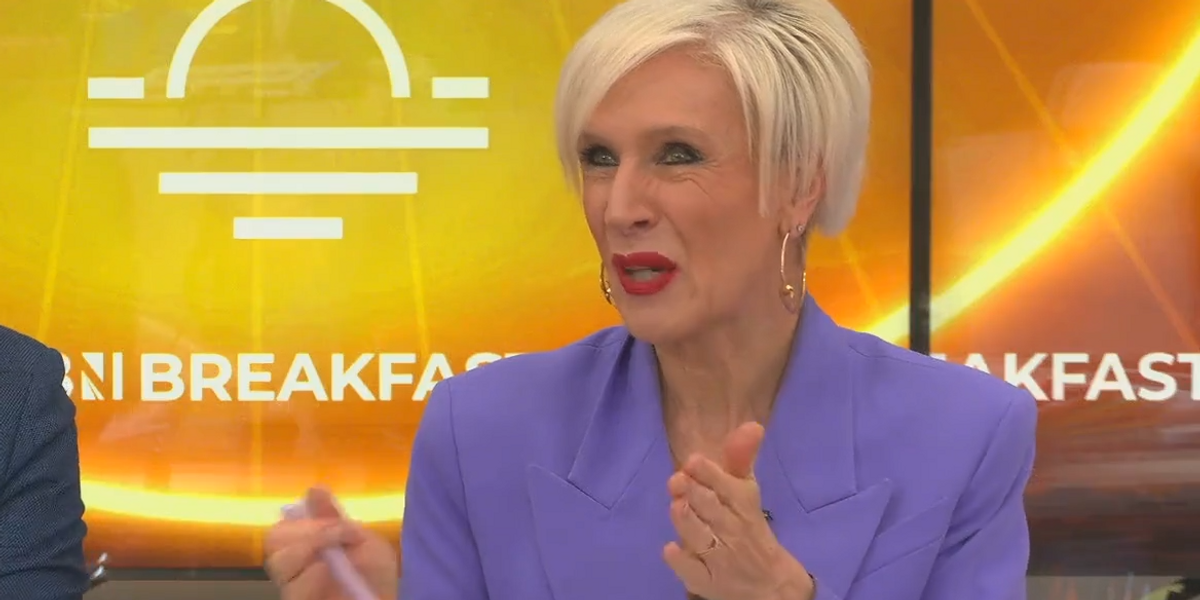Law and Order
Probably, but only through sheer force.

(Celal Gunes/Anadolu via Getty Images)
Right now it costs $2.25 to take the bus in Washington, DC. But soon it will cost you a lot more if you attempt to ride without paying. Starting the week after Thanksgiving, Metro police will crack down on fare evasion within the bus system, which in the last year has reached an almost unbelievable 75 percent.
This is big news locally, though it was largely lost amid the other upheavals in the capital this month. Last week at a press conference, Randy Clarke, general manager of the Washington Metropolitan Area Transit Authority, announced that WMATA plans to aggressively police the bus system with a combination of uniformed police officers, undercover cops, and a whole new system of video surveillance. He employed the same strategy—with the crucial addition of virtually unhoppable fare gates—on the Metro rail system last year to great success, driving fare evasion down 82 percent.
But the bus is harder to police than the trains, as I have written in these pages before. As there are many more bus stops than train stations, and as there are no fare gates on buses, the only way to enforce order within the system is to flood it with cops. During the pandemic and in the aftermath of the summer of Floyd, there was little energy among Washingtonians for that kind of hands-on policing. But now that service is lagging and crime on the bus is visible even to those who don’t use it, attitudes have changed favorably to a harsher regime.
Where mild strictures fail, force often succeeds: I have no doubt that posting police officers all over the city’s bus systems will bring down fare evasion rates. In fact, it may be the only way to confront the problem (leaving aside the popular, brainless idea of making the bus “free”). But already I can sense the beginnings of a public relations disaster for WMATA.
“We are going to go after the bus system much more significantly with a data-driven, targeted approach on bus fare evasion,” Clarke said at the press conference, adding that he plans to post Metro police at crowded bus bays and along the lines with the “lowest compliance” on fares. Those who attempt to sneak on the bus will be physically prevented from riding. “Basically, if you don’t pay, you’re not getting on,” Clarke said. And WMATA has begun eyeing bus lines for increased police presence, among them the P12 line in Prince George’s County and the X2 line in D.C., which runs from Minnesota Avenue through the so-called H Street Corridor behind Union Station.
If you have any familiarity at all with the socio-economic spread in the Washington metropolitan area—and if you know what the phrase “data-driven” is usually a euphemism for in law enforcement—then you can guess what I am getting at here. The new system may work, but it is built on a shaky foundation, at least as far as public perception goes. It will take just one nasty interaction between a Metro police officer and a fare evader on the P12 or the X2 or any of the other bus lines where the “data” finds “lowest compliance” for the whole system to come undone. A decade ago Eric Garner became a martyr over loose cigarettes. In the coming years, some poor fare-evader in D.C. could become a cause célèbre in much the same way.
Subscribe Today
Get daily emails in your inbox
No one wants something so horrible as that to happen, and yet such incidents seem depressingly inevitable. It’s not just in D.C. The problem of American law enforcement is like a swinging pendulum: When crime is rampant, the public demands active policing. But when cops out on the beat have a nasty run-in with someone who didn’t deserve to die, demands swing the other way. And so on, back and forth, ad aeternum.
The only people who come out on top here are those privileged few who slide through the system, no matter the reigning policing fad. When WMATA announced the coming crackdown, Fox 5 sent a camera crew to Tenley Circle in Northwest D.C. to talk to people at the bus stop. In a telling interview, the Fox television reporter stopped a young man wearing Georgetown University gear and asked him if he had ever gotten on the bus without paying his fare.
“Yeah,” he replied, with the nervous laughter of someone who knows he has done wrong—but is confident that he’ll get away with it.

 By The American Conservative (World News) | Created at 2024-11-30 05:05:11 | Updated at 2024-11-30 07:44:08
2 hours ago
By The American Conservative (World News) | Created at 2024-11-30 05:05:11 | Updated at 2024-11-30 07:44:08
2 hours ago








